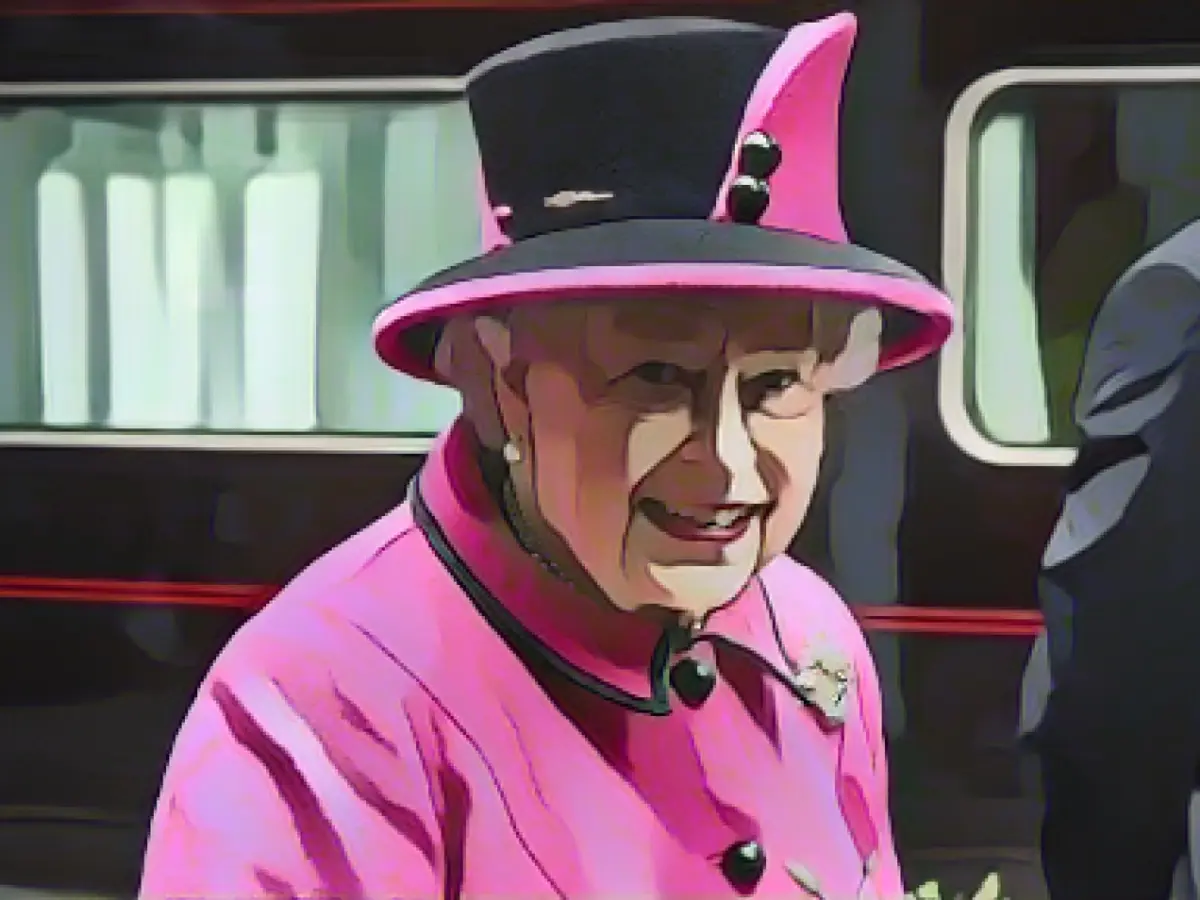In a unique turn of events, Israel has proposed an unconventional tribute for the victims of the October 7 Hamas attack—the burial of their vehicles. This unprecedented ceremony stems from the haunting reality that not all remains of the victims, tragically slain in their cars, can be located or retrieved, as revealed by Zaka, a humanitarian aid organization.
After thorough investigations, Zaka discovered that a sizeable proportion of the victims' vehicles bore indelible bloodstains or ashes, which are challenging or impossible to recover completely. To preserve the peace of the deceased and honor their memory in the best possible way, the decision was made to bury these automobiles intact. The plan, as reported by various sources, including the Jerusalem Post and N12 radio station, is to lay these vehicles to rest throughout Israel in the coming days, following approval from the military rabbinate and the Chief Rabbinate.
Israel Hasid, a spokesperson for Zaka Tel Aviv, highlighted that the final decision for the burial of the vehicles would be made by either the Chief Rabbinate or the Ministry of Religious Services, with an announcement to follow soon. Hasid elaborated on the process involved in their burial, explaining that the vehicles would be placed in a designated pit, similar to how "major tragedies are handled with significant finds" in accordance with Jewish commandments.
Jewish commandments stipulate that ashes and blood remains must be treated with utmost respect and care. As such, they must be buried. Although they are not necessarily buried in a cemetery alongside the deceased, they are treated with the same reverence that signifies their sacred nature.
For the families of the victims, this burial ceremony is expected to bring a much-needed sense of closure to the nightmarish events they have experienced. Hasid shared his belief that creating a unique memorial for these vehicles would offer solace and comfort to some bereaved families who were unsure of their loved ones' whereabouts. The families were reportedly supportive of this initiative and found reassurance in knowing their departed ones' ashes or blood would find a final resting place in this manner.
- With the burial of vehicles containing the remains or bloodstains of terror victims, Israel has taken an unconventional yet sensitive approach to respond to the pitfalls of the Hamas attack.
- The burial of these vehicles is in line with Jewish commandments, which regard the ashes and blood remains as sacred and worthy of appropriate care and reverence.
- This initiative has been well-received by the families of the victims, who see it as offering them a form of closure and ensuring a respectful final resting place for their loved ones' remains.
Enrichment Data: The aftermath of the Hamas attack and the handling of vehicles containing remains or bloodstains came under close scrutiny by various organizations, including the IDF's Home Front Command and Zaka.
- Zaka's Response: Zaka, a volunteer paramedic and rescue organization, took initiative to collect and transport bodies after the attack. However, their actions and methods faced criticism, primarily due to the spreading of horror stories and the release of sensational graphic photos, which tarnished the dignity of the deceased.
- Coordination and Documentation: The process of retrieving, documenting, and handling the remains was subject to debate between Zaka and the IDF. The IDF's Home Front Command expressed concern over the potential compromising of the procedures by Zaka due to sensationalism and self-promotion.
- Jewish Commandments and Ethical Considerations: The handling of the deceased serves as a testament to Jewish traditions' emphasis on treating the dead with care, dignity, and respect. The actions of Zaka were criticized for potentially causing distress, as their sensational tactics contradicted the age-old principles of Jewish ethics.
- Practical Handling: The collaboration between Zaka, the IDF, and other emergency services is necessary for the practical execution of the aftermath. Regardless of the criticisms, the overall goal is to maintain a process that remains professional, organized, and grounded in the ethical obligations of the Jewish commandments.







